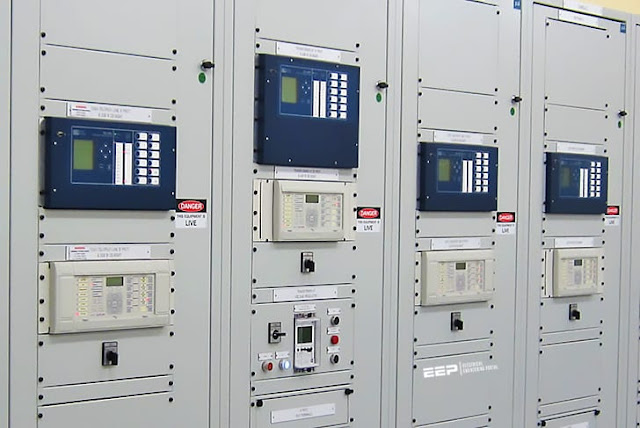

The course covers the principles, types, functions, and applications of protection relays in electrical systems, focusing on system reliability, protection strategies, and relay settings for optimal performance.
By the end of this course, participants will be able to:
This course is ideal for:
This interactive Training will be highly interactive, with opportunities to advance your opinions and ideas and will include:
• Lectures
• Workshop & Work Presentation
• Case Studies and Practical Exercise
• Videos and General Discussions
Day 1: Introduction to Electrical Protection and Relays
Day 2: Types of Protection Relays
Day 3: Relay Installation and Wiring
Day 4: Relay Settings and Coordination
Day 5: Testing, Maintenance, and Troubleshooting
A RECTUS attendance certificate will be awarded to all participants who complete at least 80% of the total course duration.
| Code | Date | Venue | Fees | Register |
|---|---|---|---|---|
| EP155-01 | 23-03-2026 | Istanbul | USD 5950 | |
| EP155-02 | 21-06-2026 | Dubai | USD 5450 | |
| EP155-03 | 20-09-2026 | Doha | USD 5450 | |
| EP155-04 | 30-11-2026 | Istanbul | USD 5950 |
Providing services with a high quality that are satisfying the requirements
Appling the specifications and legalizations to ensure the quality of service.
Best utilization of resources for continually improving the business activities.
BTS keen to selects highly technical instructors based on professional field experience
Since BTS was established, it considered a training partner for world class oil & gas institution
1st floor, Incubator Building- Masdar City - Abu Dhabi - United Arab Emirates
Sun to Fri 09:00 AM to 06:00 PM
Contact Us anytime!
Request Info